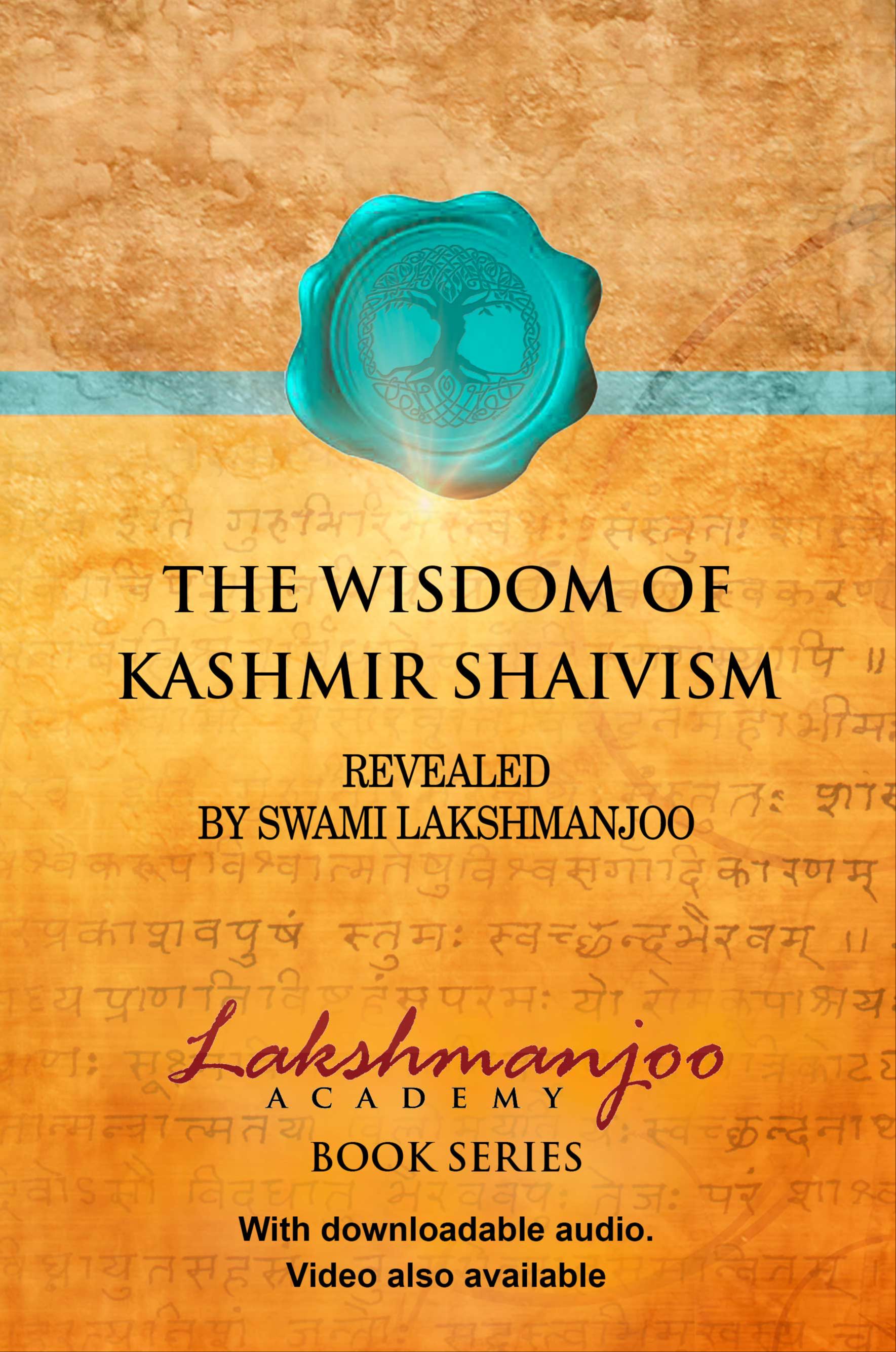
In this important excerpt from the Shiva Sutras: The Supreme Awakening (verse 5 of the First Awakening), Swami Lakshmanjoo explains the importance of “active” effort, it is “That effort (the flashing forth of active awareness) that instantaneously makes universal consciousness shine.”
[This is not a transcript but an excerpt from the book!]
5. udyamo bhairavaḥ //
That effort— the flashing forth of active awareness—
that instantaneously makes universal consciousness shine, is Bhairava.
There are two kinds of effort, passive and active. Here we are concerned with active effort, not passive effort. Active effort is elevating! It is effort that, when it flows out in active consciousness, makes one’s universal consciousness shine instantaneously. Active effort is Bhairava because it carries one to the state of Bhairava.
And active effort that takes you abruptly, in one flight, to your consciousness and causes the supreme knowledge of being (pratibhā) to radiate is Bhairava, because all energies are diluted and digested in one energy, svātantrya śakti. It is also Bhairava because the whole universe is filled with svātantrya, and because here all differentiated perception ends.
Active effort is called Bhairava because it becomes the means of carrying you toward the state of Bhairava. This kind of effort is found in real devotees whose consciousness is always introverted in the awareness of God consciousness. This is the meaning of this sūtra. It is also said in Mālinīvijaya Tantra:
The penetrative, inescapable state of trance, which absorbs your individual being, is called śāmbhava samāveśa. Because of the elevating infusion of power from the master, this śāmbhava samāveśa is experienced by one who is capable of keeping away all thoughts and impressions. (Mālinīvijaya Tantra 2.23)
Our masters explain this verse in this way. When you are capable, then your master will uplift you. If you are not capable, he will not be successful in carrying you there. This means you must be capable of absorbing this kind of awareness.
In Svacchanda Tantra it is also said:
Oh Pārvatī, all mantras are successful for the one who contemplates on his own self as one with Bhairava because he is always one with that awareness of consciousness (samāveśa). (Svacchanda Tantra)
In this verse from the Svacchanda Tantra, “contemplates” means “to meditate on the introverted active state of elevating consciousness.” This is explained in Spanda in the following verse:
Take one thought. Contemplate on that one thought with unwavering concentration. Then, when another movement rises in your mind from that first thought, that is spanda and that is unmeṣa. You have to observe it yourself and that will be spanda. (Spanda Kārikā 3.9)
Here it is explained how, after instantaneously taking hold of supreme consciousness, one attains establishment in Bhairava, by which establishment he destroys the threefold bondage of ignorance. And if supreme consciousness is not held in an instant, it won’t be held at all.
|| End of text for sutra 5 ||__________
1. Unmeṣa means “opening the eyes.” Here, we must understand that when one “opens the eyes,” he is revealing his nature and when he “closes the eyes,” he is hiding his nature.








